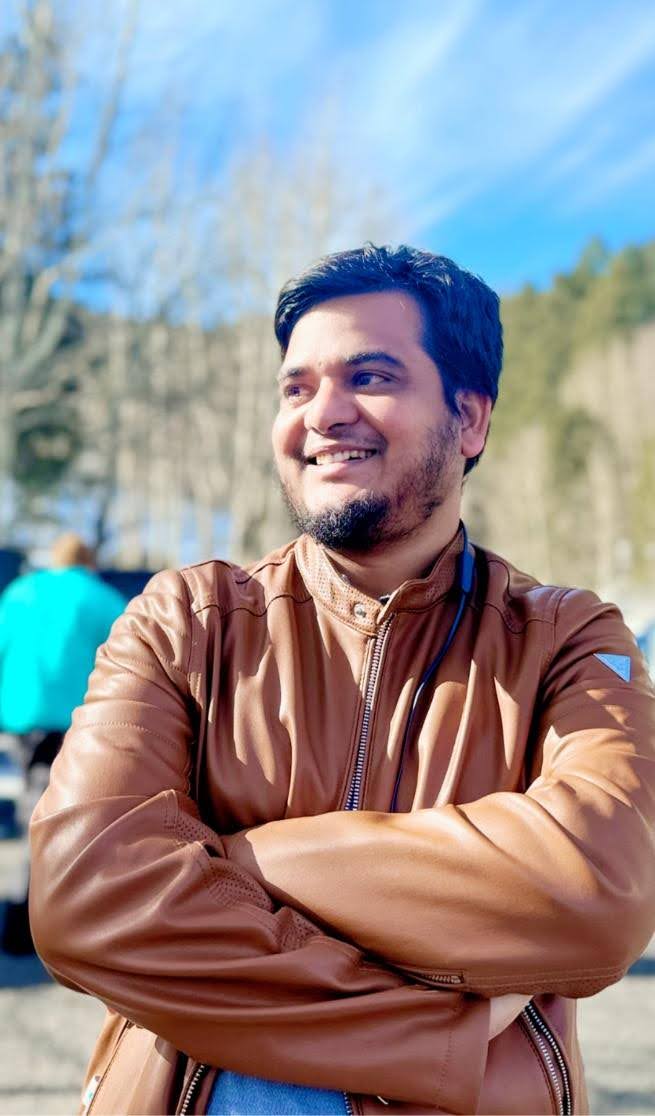Md Firoz Kabir is an emerging researcher using artificial intelligence to detect life-threatening diseases like cancer and heart disease before they become severe. Through multidisciplinary collaborations and meaningful peer-review work, he is becoming a recognized figure in AI-driven early detection.
Cancer and heart disease claim over 1.5 million American lives each year, heavily straining families and the healthcare system. In 2023, cancer caused 613,000 deaths, while heart disease claimed 919,000, one every 34 seconds. The financial burden is immense, with cancer care reaching $209 billion in 2020 and cardiovascular disease costing $417.9 billion from 2020–2021. Diagnostic errors impact 12 million Americans annually, leading to preventable harm and over $100 billion in malpractice losses. These realities underline the urgent need for stronger early detection technologies.

Md Firoz Kabir is developing AI models that identify early-stage signs of cancer and heart disease before symptoms appear. His work integrates machine learning, deep learning, and predictive analytics to deliver real-time, actionable support for clinicians.
His collaboration-focused approach has led to partnerships with professors and institutions across multiple disciplines, helping create diagnostic solutions that work in diverse healthcare environments. He also contributes to the scientific community through peer-review work in high-impact journals, advancing research in AI, medical imaging, and clinical analytics.
If widely adopted, Md Firoz Kabir’s work could improve survival rates, reduce costs, and lower diagnostic errors. Early detection makes treatment easier and more effective. AI-assisted tools can streamline workflow, expand screening access, and deliver reliable accuracy across different healthcare settings.
Kabir is testing his models on diverse patient groups and partnering with hospitals and research centers to begin clinical pilots. His long-term goal is to build scalable, preventive healthcare systems where AI monitors patient data and alerts clinicians to risks early.
Md Firoz Kabir analyzes 20,000 lung and colon tissue images using augmentation, normalization, and a hybrid CNN with 3×3 and 5×5 filters. He also develops lightweight transformer-based models inspired by SE-MobileViT (2025), with his LightSE-MobileViT model achieving 98.39% accuracy and an ROC-AUC of 1.00 on 981 oral cancer images.
For heart disease prediction, Kabir works with 1,025 patient records and 14 clinical features, applying normalization, SMOTE balancing, and XGBoost feature ranking. His hybrid XGBoost-CapsNet and CNN–Transformer Encoder models capture both local and long-range patterns, delivering highly stable and precise results.
As Kabir states, “My goal is simple to use technology to save lives and make healthcare better for everyone. Each step forward in innovation brings us closer to a healthier, safer future.”
His research shows how AI can help doctors detect serious diseases earlier, when treatment is more effective and less invasive. By working with experts from different fields, Kabir is creating diagnostic tools that are smarter and more reliable. As these models move toward real-world use, they offer hope for a future where early detection becomes routine and saves more lives.


































